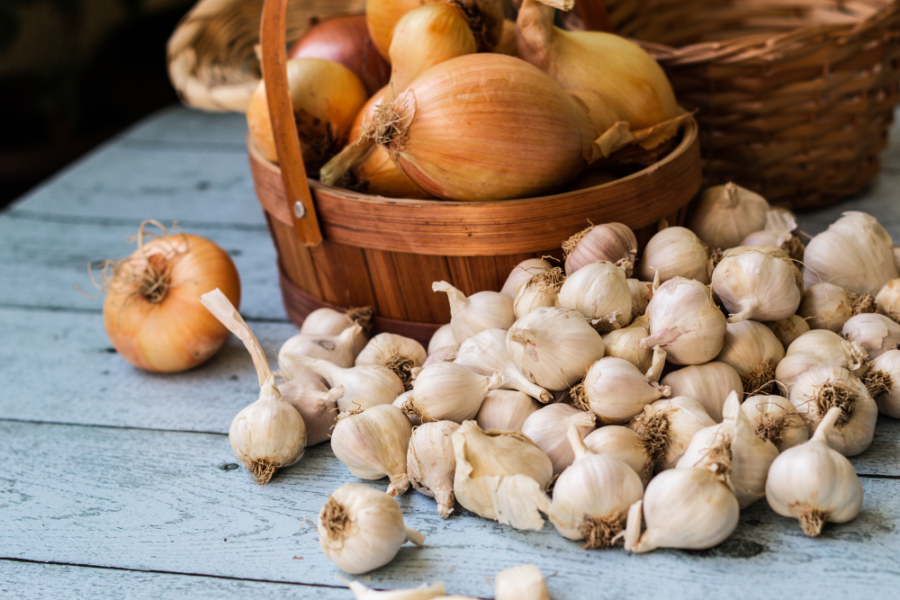Africa, with its vast landscapes and diverse climates, is a treasure trove of unique produce. Among its agricultural gems, onions hold a significant place, not just as a staple but as a vital component of the continent’s trade and culinary legacy.
1. Onions: The African Staple
Onions have been cultivated in various parts of Africa for centuries. Regions like Egypt, Niger, and Mali have especially been known for their onion production. These bulbs, with their pungent aroma and versatile nature, have found their way into countless African dishes, lending depth and flavor to stews, sauces, and roasts.
2. Economic Significance
Beyond the kitchen, onions play a crucial role in Africa’s economy. They are a significant export product, especially for countries in North and West Africa. The crop provides livelihoods to millions of farmers, traders, and transporters.
3. Health Benefits
African onions are not just about flavor; they pack a punch when it comes to health benefits. Rich in antioxidants, they aid in combating free radicals. Furthermore, onions have anti-inflammatory properties and can help in reducing high blood pressure and protecting heart health.
In conclusion, African onions are more than just a kitchen staple. They are a testament to the continent’s rich agricultural history, economic potential, and culinary diversity.




